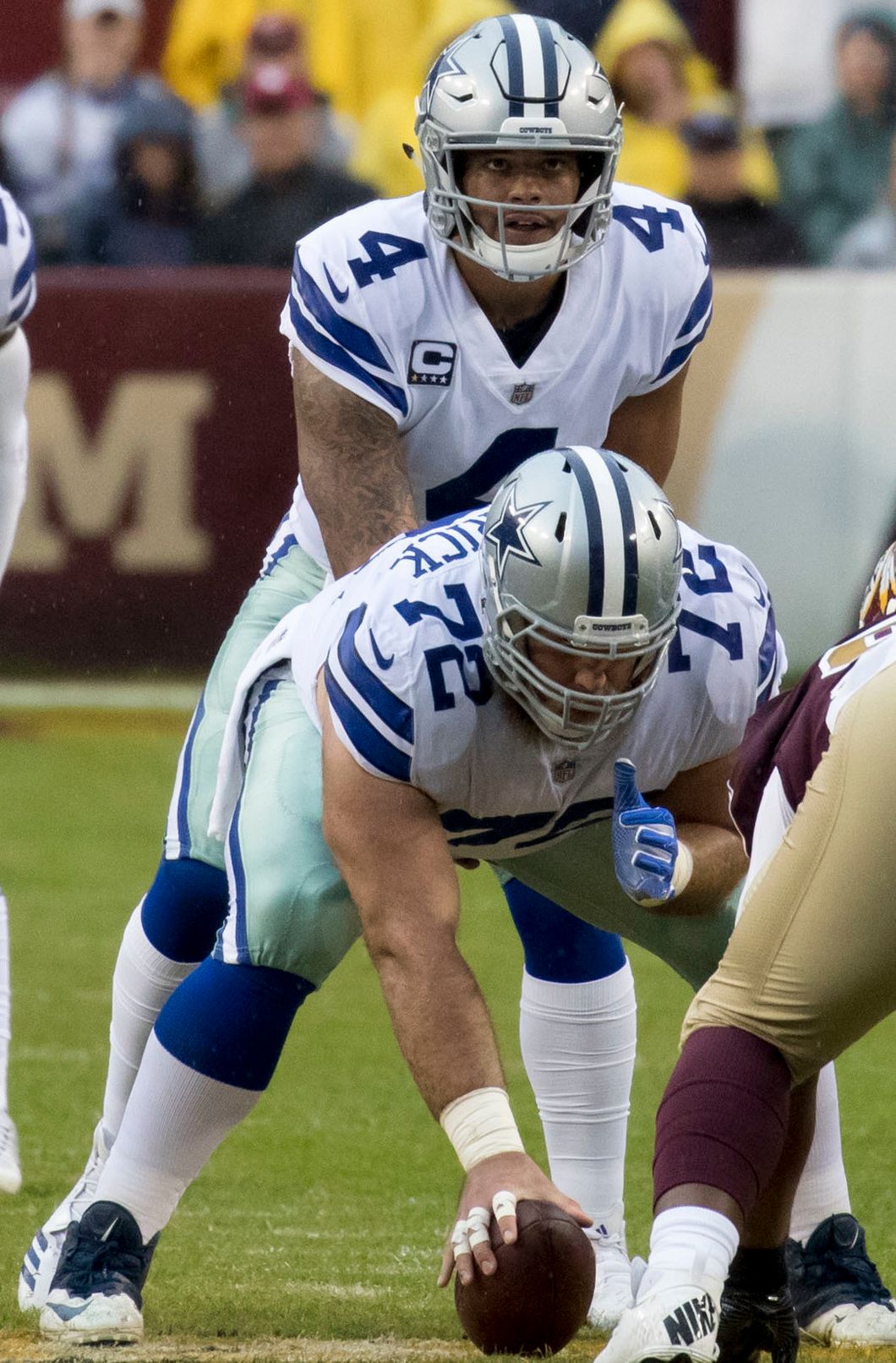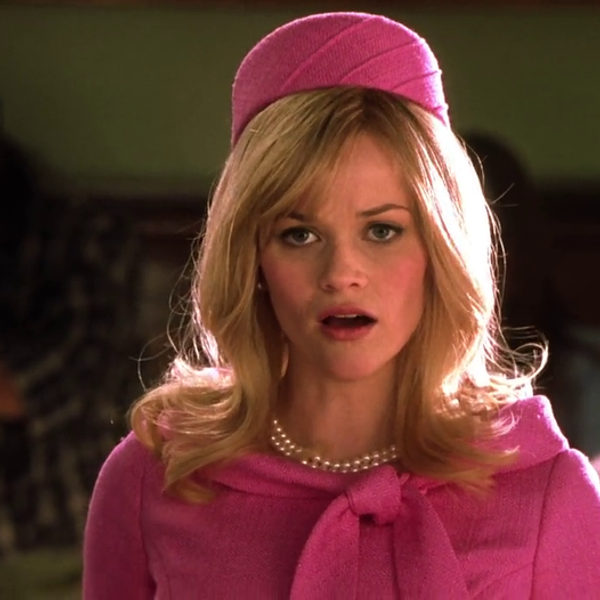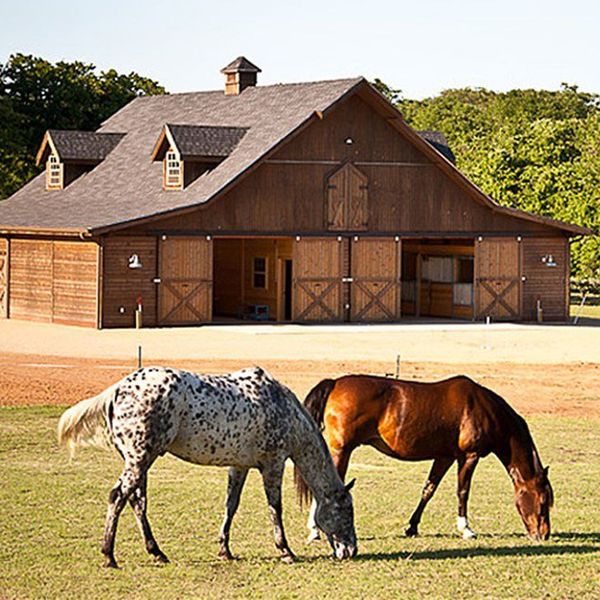Young quarterbacks on cheap rookie contracts are the biggest bargain in today's NFL. Teams with above average passers on rookie deals are allowed to spend more on other positions, creating a more complete roster. We've seen the success of this team building strategy ever since the Seahawks won the 2013 Super Bowl with a second-year QB in Russel Wilson and the Eagles building the best roster in the NFL last year. Usually, teams have a purging of bloated veteran contracts on the roster before the young quarterback shows up or in his first season. Then teams will begin stacking their roster as they see their pick develop. This offseason has seen teams double down on that idea as teams like the L.A. Rams and Chicago Bears have signed and traded for star players to take advantage of this window.
Strangely though, the Cowboys, with one of the cheapest young quarterbacks in Dak Prescott, don't seem to be taking advantage of his small salary. Prescott's cap hit this season is a measly $725,848 per Spotrac, ahead of only 2017 fifth round pick Nathan Peterman among starting QB's. If you only count quarterbacks that could realistically win you a playoff game, Dak cost less than a million dollars while a veteran playoff-caliber quarterback like Alex Smith is averaging $23.5 million per year with his new contract.
Most teams will use this window to sign other key players on the roster to long-term deals with higher short-term cap hits to clear the way for the future QB contract. The Cowboys have shown a tendency to mismanage their cap situation as they opted to give defensive end Demarcus Lawrence the franchise tag at $17.1 million rather than sign him to a long-term deal. Lawrence is a very effective defensive end, accounting for 14.5 sacks last season, and it would've made sense for Dallas to come to a long-term agreement this offseason. Last offseason, when then-starter Tony Romo retired, the Cowboys opted to designate Romo as a post-June 1st cut, meaning his cap hit was spread over two years. Rather than swallowing a larger cap hit for one season to take advantage of extra cap room to patch roster holes, the Cowboys decided to kick the can down the road which hindered their ability to operate in free agency.
Soon Prescott is going to command high-level starter money, and barring a disastrous third season, the Cowboys will probably look to extend him next offseason. That measly cap hit will easily become a $20 million cap hit in the next few years greatly hindering what the Cowboys will be able to do. They may come to regret not taking advantage of this time when Dak wasn't taking up over 10% of the salary cap.
















